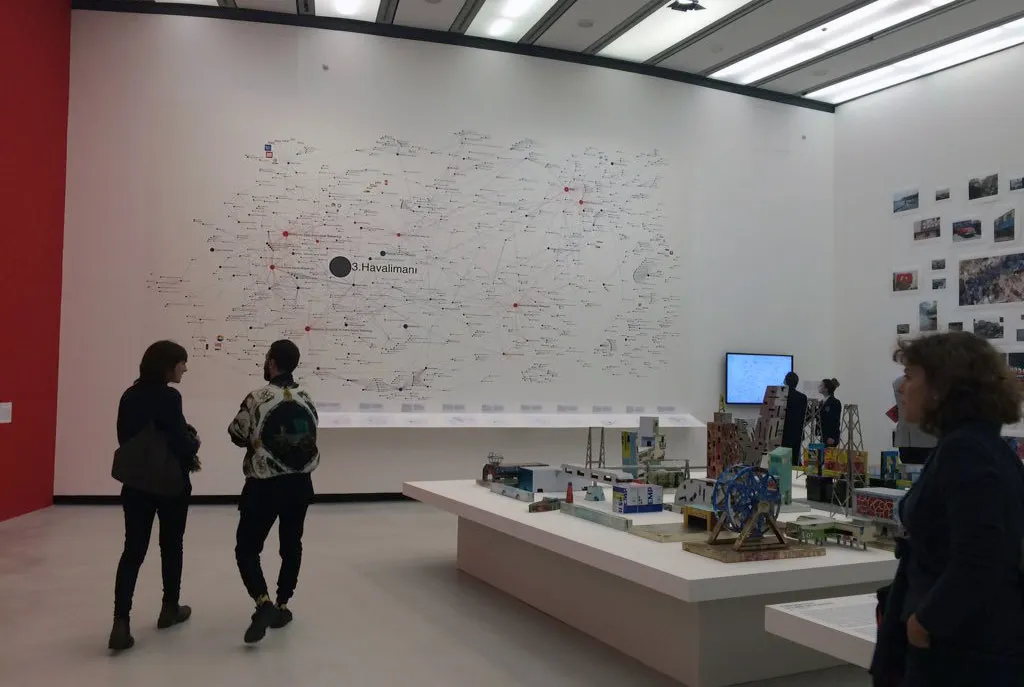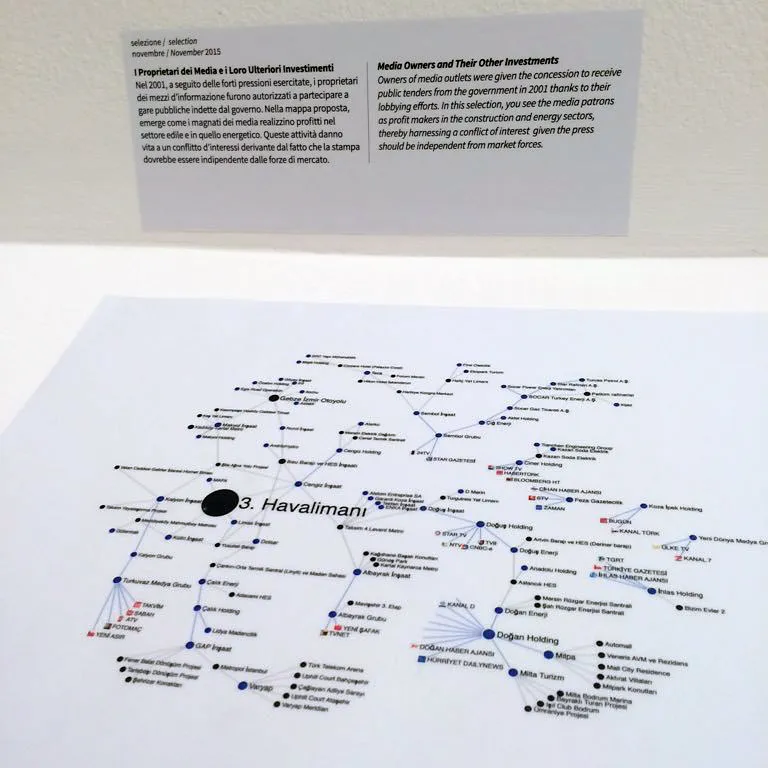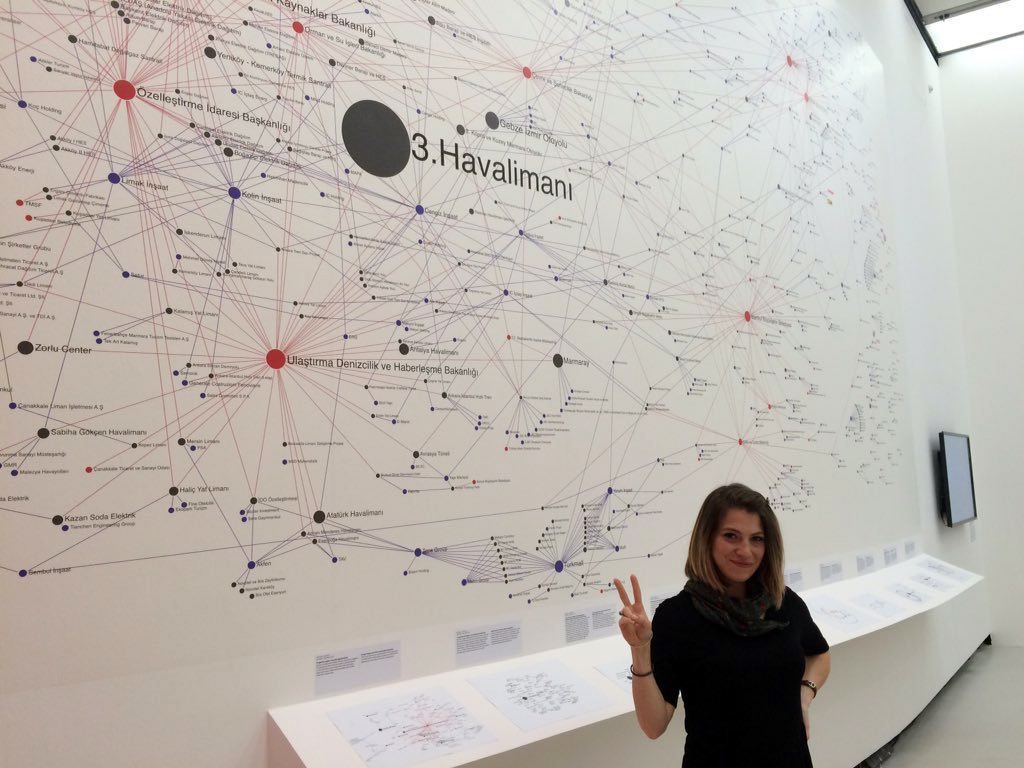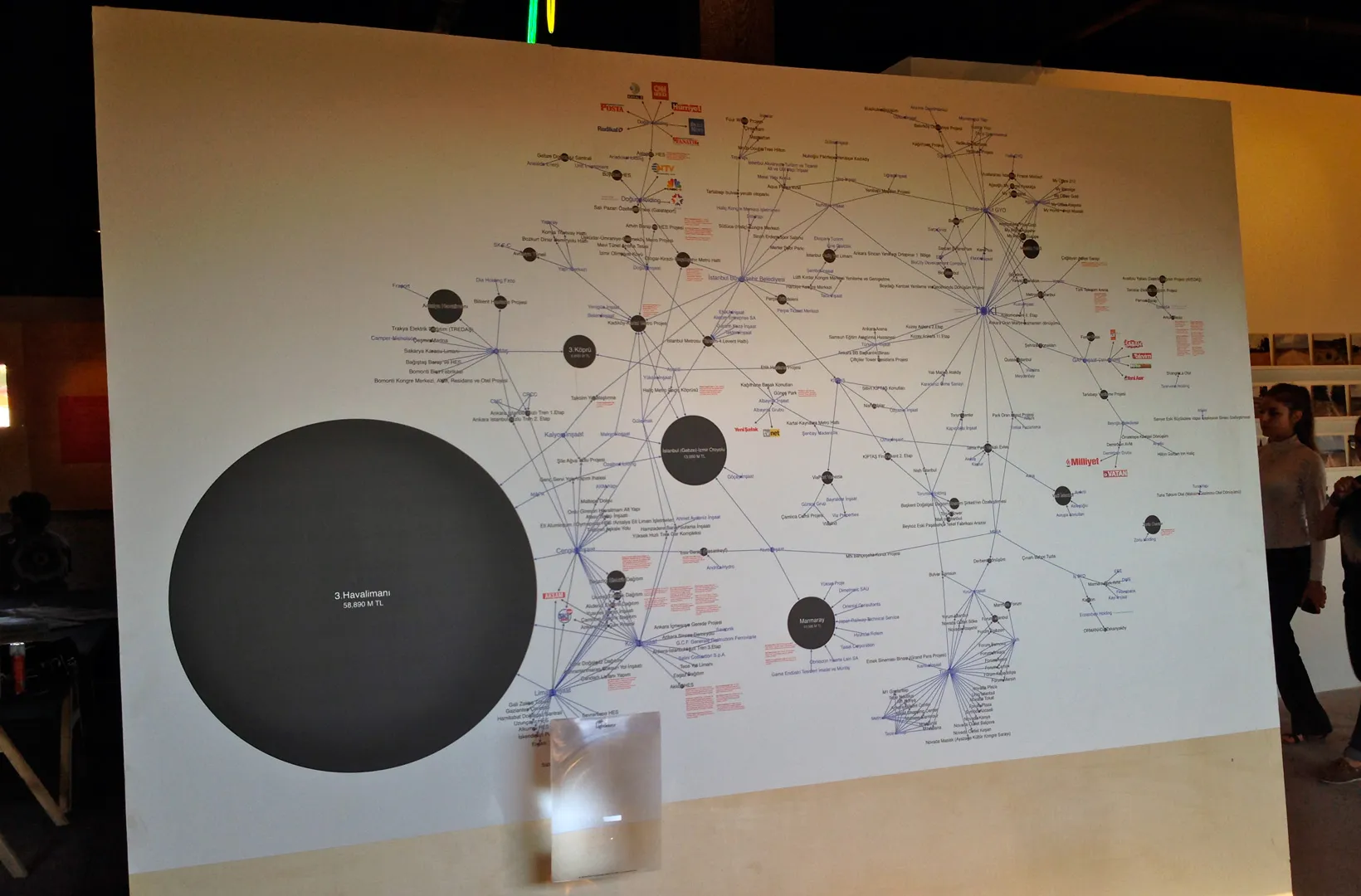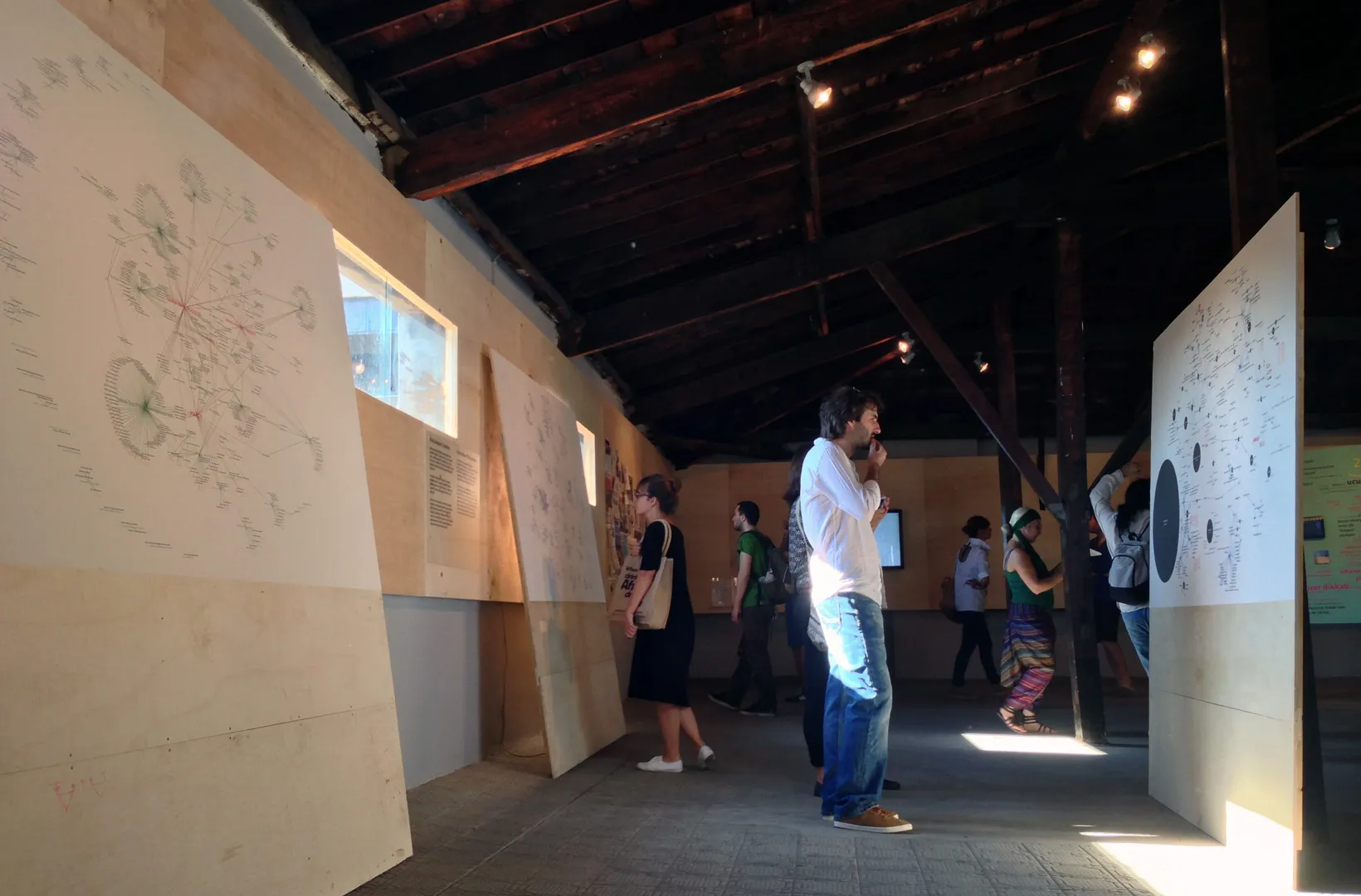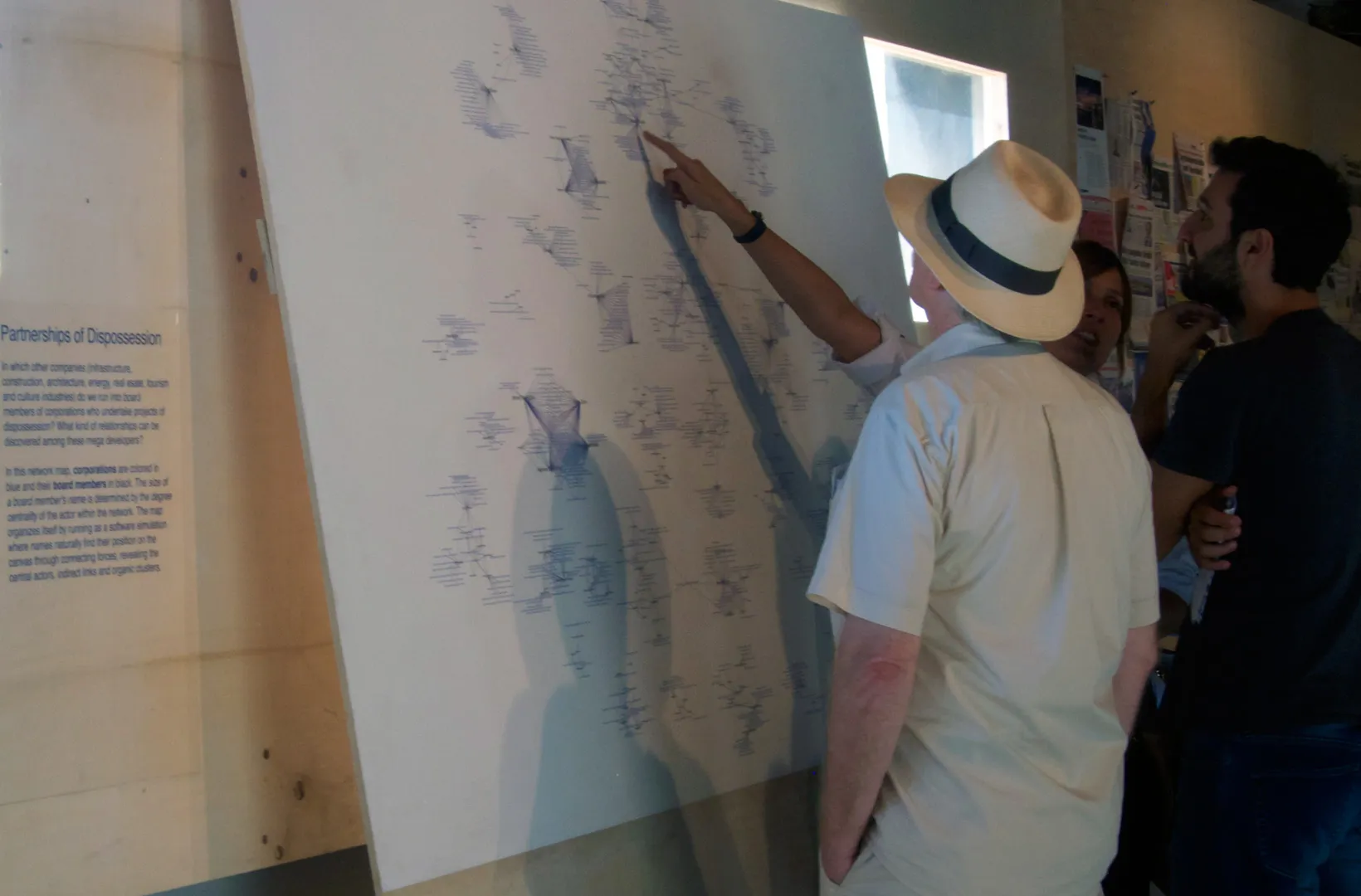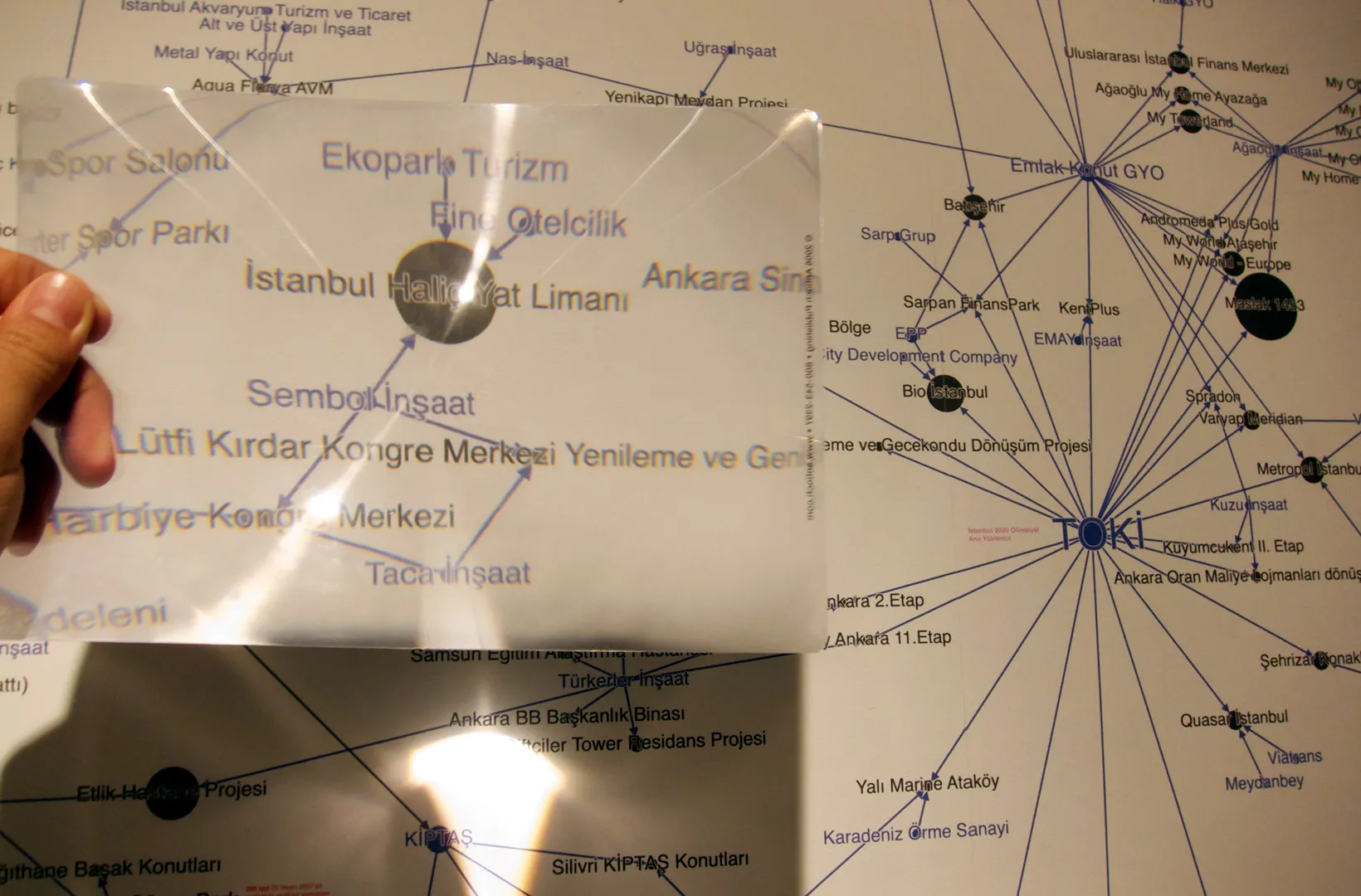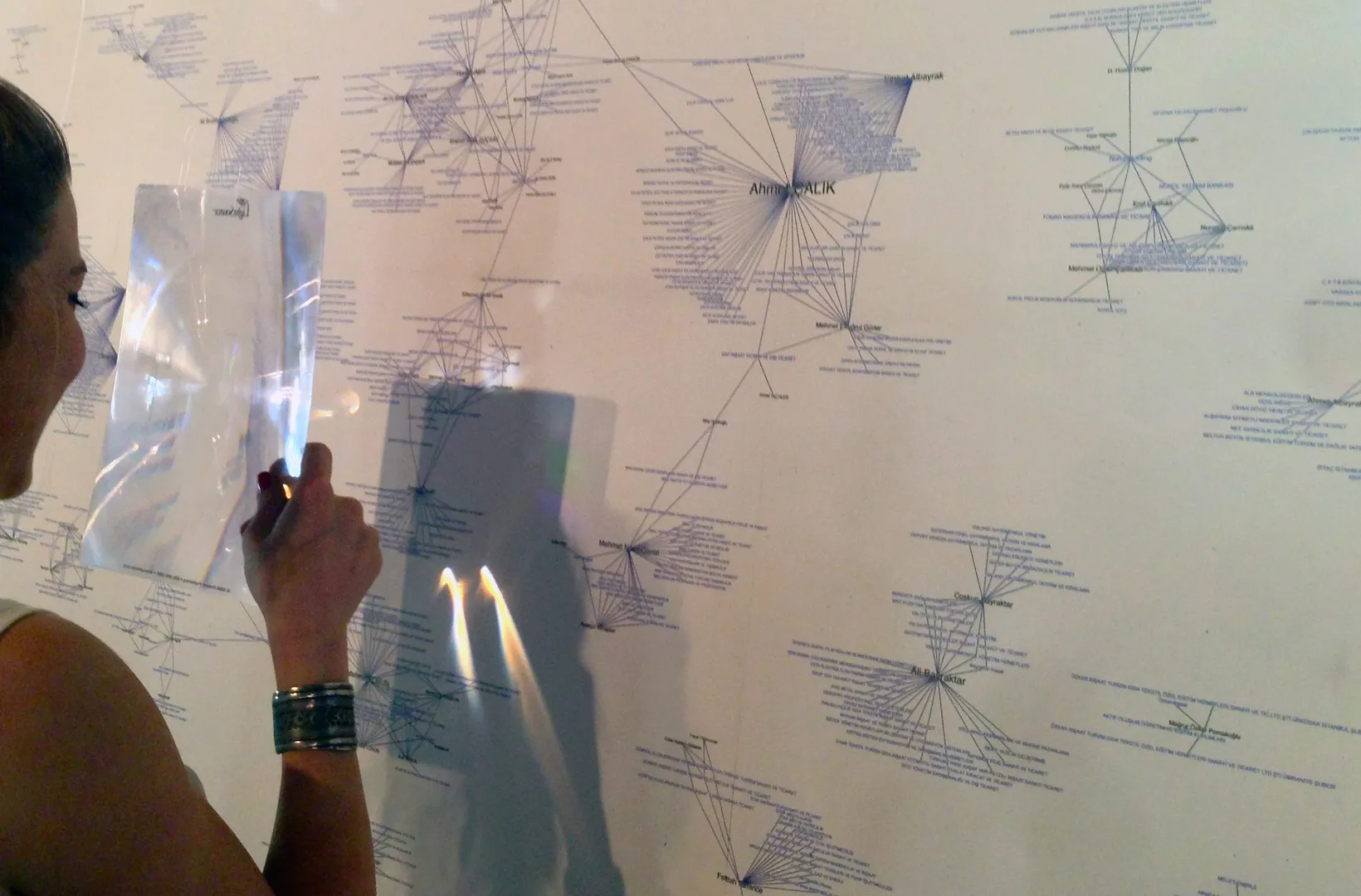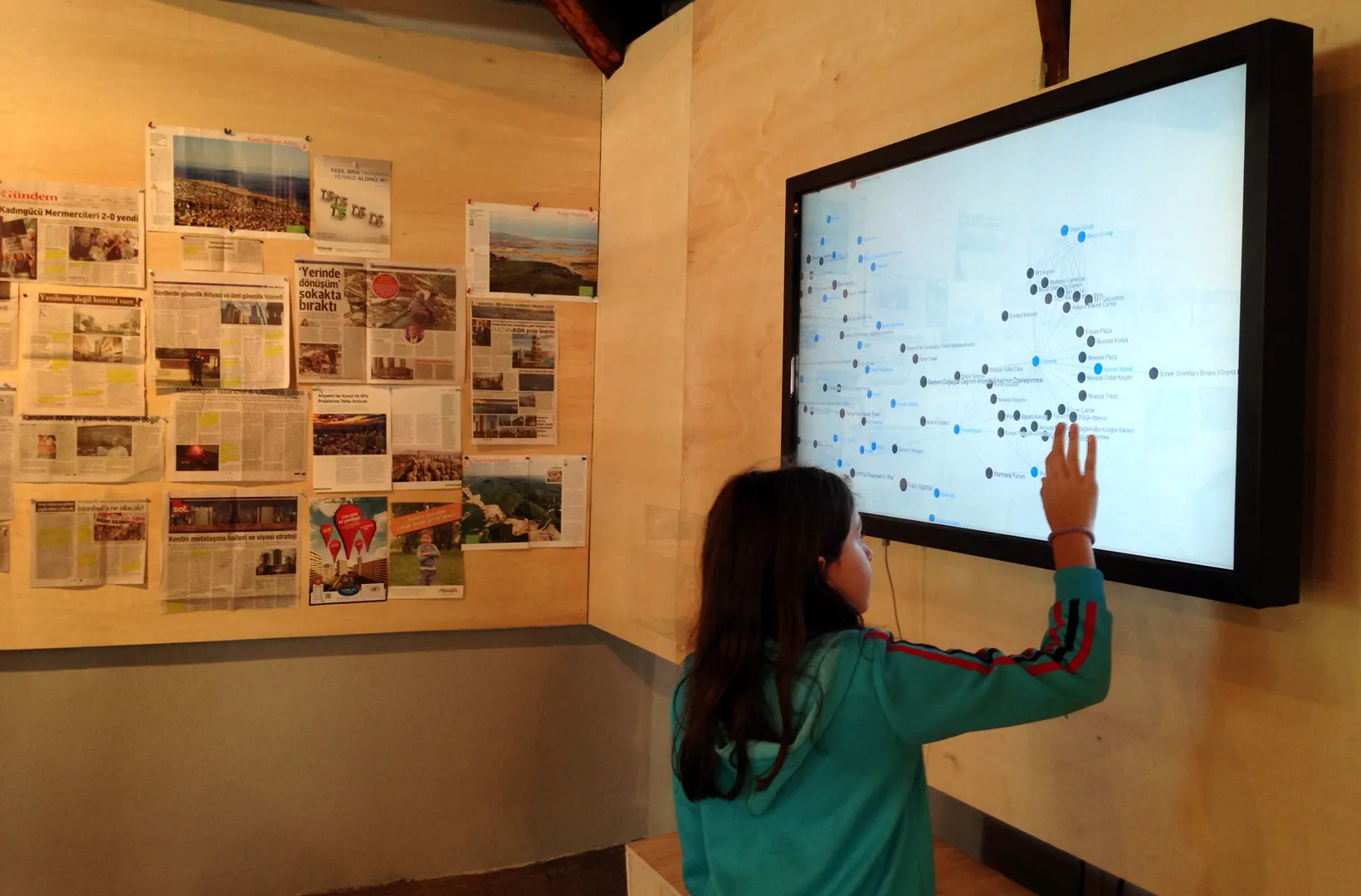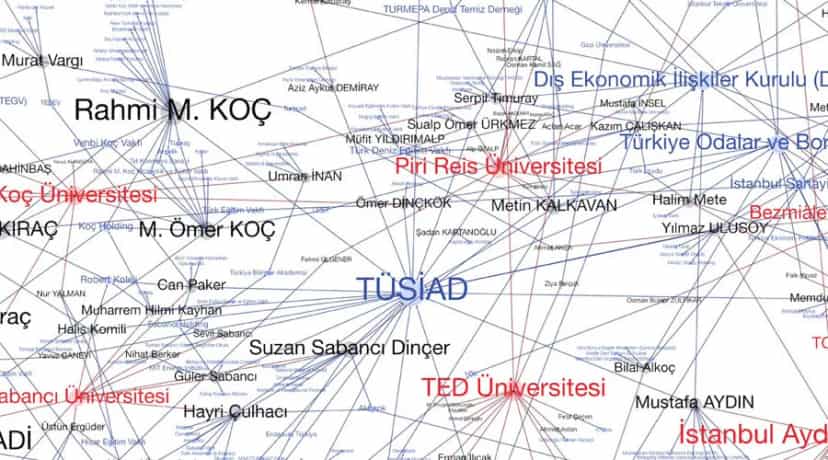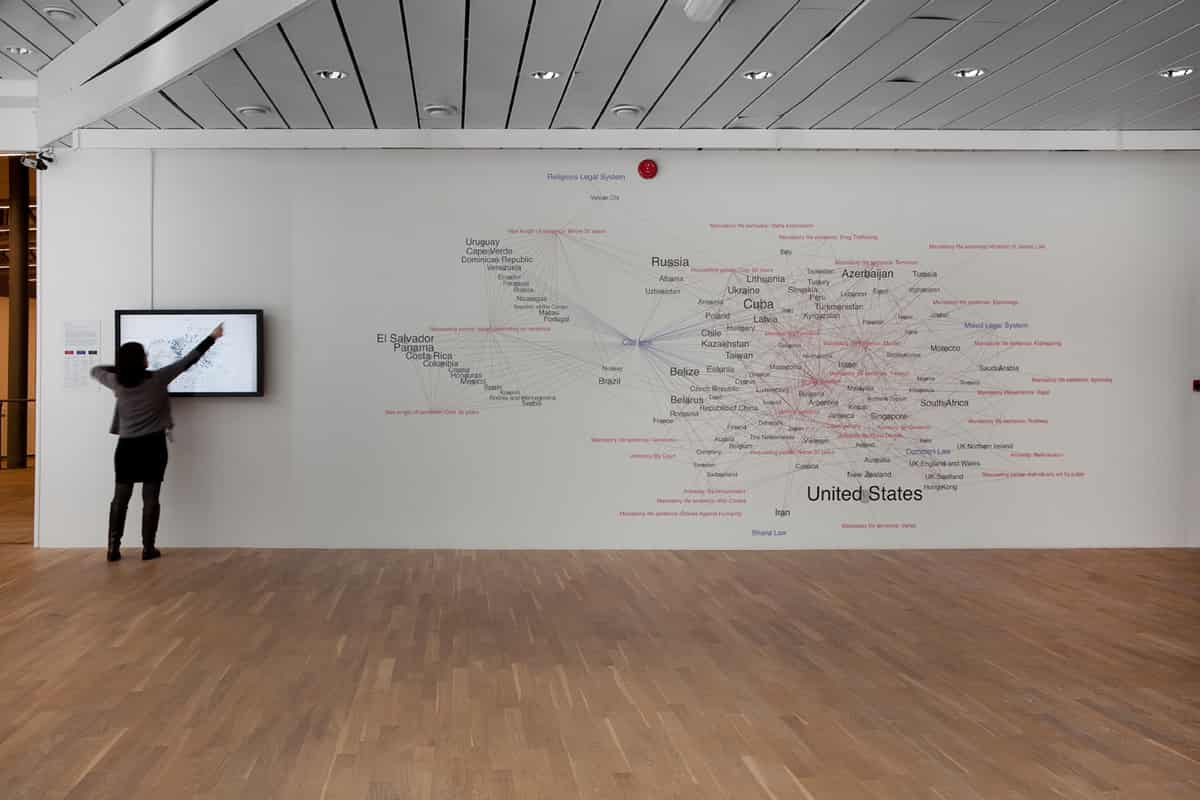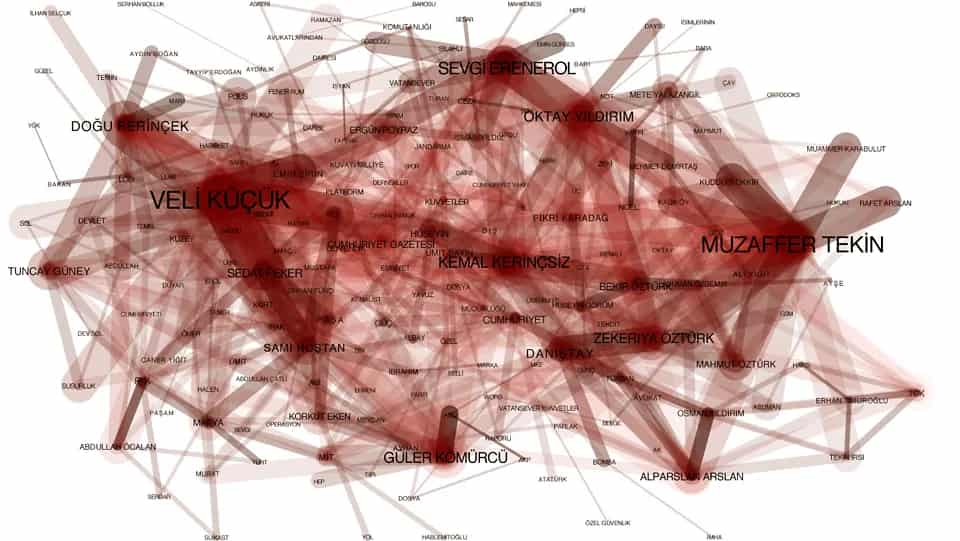Networks of Dispossession
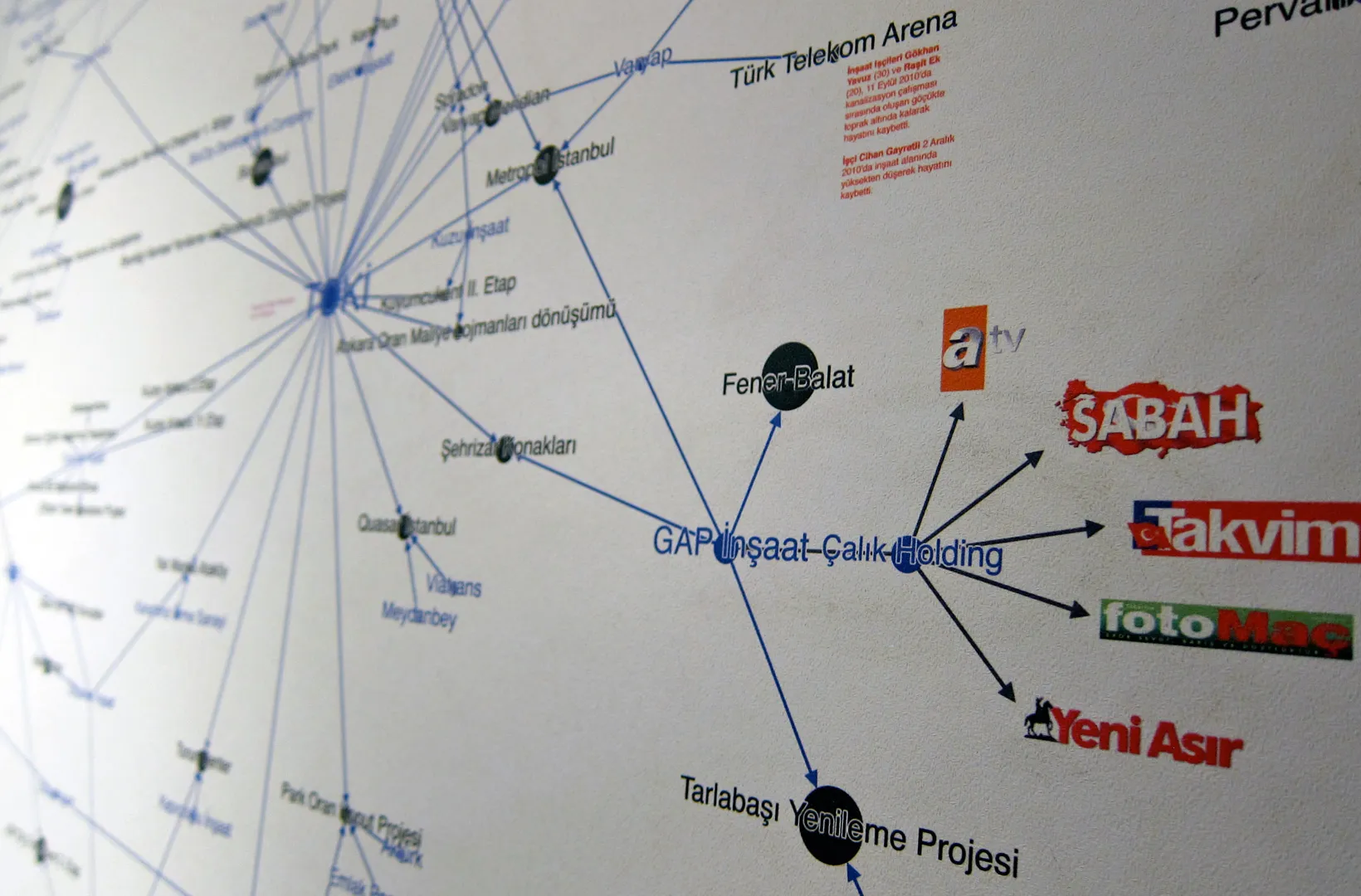
Mapping the entangled networks of capital and power in Turkey.
Networks of Dispossession (Mülksüzleştirme Ağları) is a long-term, participatory data-mapping initiative that exposes how urban transformation, large-scale infrastructure projects, and political decisions are driven by tightly knit networks of corporations, government institutions, financial organizations, and media firms. The project maps these relationships to reveal the hidden architecture of dispossession in contemporary Turkey.
Initiated in 2013 during the Gezi Park protests, the project has since evolved through multiple phases and is maintained by a collective of anonymous volunteers. It remains open to public contribution and is continually updated using the Graph Commons platform.
The database currently includes:
- 737 companies and financing organizations
- 44 government institutions
- 43 media firms
- 726 projects
Every data point used to generate the maps is meticulously referenced. Sources include publicly available databases such as:
- Official websites of corporations
- Istanbul Chamber of Commerce records
- The Turkish Trade Registry Gazette
- News articles, academic reports, and investigative journalism
Each node in the map—whether representing a company, project, or institution—features an information box listing its budget, timeline, location, and, where available, documented labor violations or controversies, along with citations for each fact.
The resulting network maps are interactive, explorable, searchable, and richly annotated, enabling users to trace paths of influence, ownership, and accountability. By making this information visible and accessible, Networks of Dispossession serves as a tool for researchers, journalists, activists, and the general public to better understand the political economy of urban development and dispossession.
First released and exhibited at the 13th Istanbul Biennial, Networks of Dispossession reached tens of thousands of viewers both online and onsite. Since then, the project has become a widely referenced public resource. Each time a major crisis has surfaced—whether a corruption scandal, mining disaster, or a mass protest against a development project—the maps have circulated widely, revealing the deeper connections beneath the surface.
The network maps have illuminated hidden partnerships and power structures behind some of Turkey’s most controversial projects: the third Istanbul airport, which devastated the Northern Forests; the urban transformation plans that displaced communities in Tarlabaşı and Sulukule; the Ilısu hydroelectric dam, which submerged the ancient city of Hasankeyf; and the Grand Pera project, which led to the demolition of the historic Emek Theater, among many others.
By surfacing these relationships, Networks of Dispossession has become not just a tool for research, but a platform of collective visibility and political awareness.
